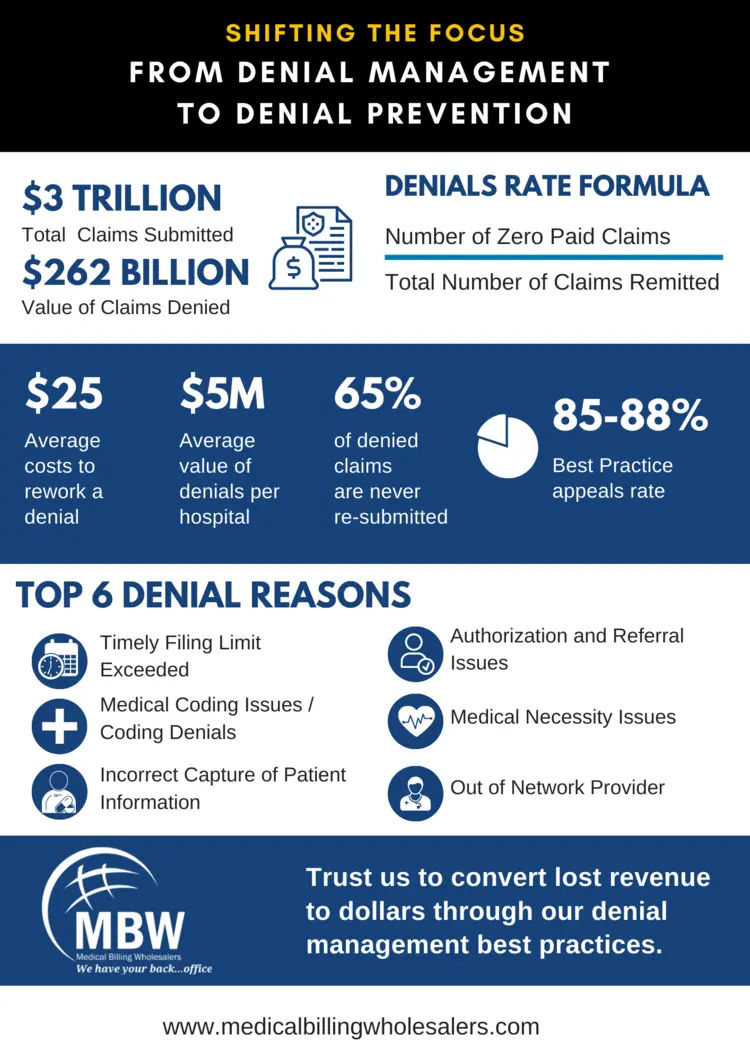

Why is improving clinical quality and patient experience the key to financial success?
Improving patient experience requires a comprehensive re-look at the clinical, administrative, and financial processes. From reducing time to care to improving transparency into the costs of care, healthcare providers need to focus on improving quality, timeliness, and responsiveness to the needs of their patients. Read about how improving clinical quality & experience can improve the financial success of a practice.

PSO, POS & DOS - Physician Practice metrics to watch!
Three key performance indicators (KPIs) – patient slots occupied(PSO), point-of-service (POS) collections percentage, and days to claim submission from the date of service (DOS) are key to running a successful practice. Learn how to measure these KPIs and utilize them to get better financial outcomes.

Case Study: Physician Education helps resolve BMI Diagnosis Claim Denials of over $37 K
Educating physicians on their documentation responsibilities is an iterative process, that requires an understanding of the reasons for claim denials, the ability to nail-down the issues that are causing the denials, determining the corrective actions, and hosting timely sessions between the denials team and the physicians to discuss them. In this case study, MBW shares a few insights on how a strong physician education process can help increase collections.
Industry News
- How to reduce denials & streamline your revenue cycle processes while working from home CMS Makes COVID-19 Data Reporting a Condition of Participation HCCI: Physician Prices 122% of Medicare Rates on Average Inpatient Rehabilitation Facility PPS Rule for FY 2021 Finalized Top 3 Hospital Departments with High Denial Volume
- CPT updates in 2021 align with Medicare E/M code changes
- UPDATED Coronavirus tracker: Google, Apple expand contact tracing
- Amazon jumps into $52B health wearables market
- Physician viewpoint: The value of a physical exam in a socially distant world Telehealth visits dropped to 21% of ambulatory visits in July, Epic research says


